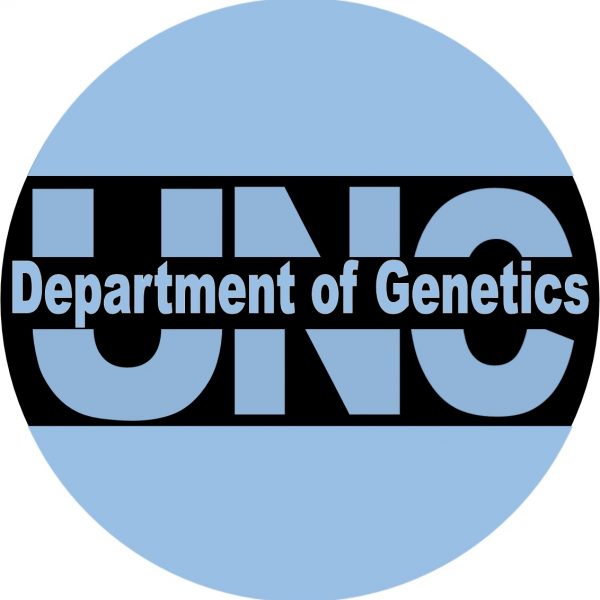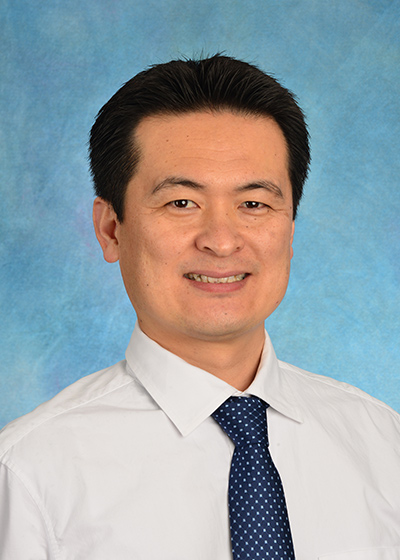Research Interests
Key words: viral immunology, memory T cell differentiation, genetics of immune responses
My lab studies the underlying mechanisms that stimulate immune responses to virus infections. We characterize the molecular and host-genetic pathways that lead to antiviral T cell responses, as well as pathogenic outcomes to infection. We work with lymphocytic choriomeningitis virus (LCMV) and HAV infections in mouse models. We have several ongoing projects.
Histone demethylases and T cell responses to infection
Histone methylation regulates gene expression and affects antiviral T cell differentiation and function. We are examining the role of UTX, a histone demethylase, in immune defense against disseminated virus infection. We are currently characterizing specific genes and pathways that are regulated by UTX in T cells and extending our observations in mice to humans with chronic virus infection.
Host genetics and viral pathogenesis
Arenaviruses can cause hemorrhagic disease in humans though the outcome to infection varies by person. We identified a line of mice that undergoes severe immunopathological response to systemic LCMV infection that is associated with weight loss, elevated cytokines, thrombocytopenia, and lung edema, features resembling human arenavirus infection. We are using forward genetics to map the mutations responsible for this severe outcome and then investigate the underlying mechanistic basis of pathogenesis.
Obesity, T cell responses, and pathogenesis
Obesity is associated with worsened outcomes to virus infection in people. We identified a novel population of virus-specific T cells that is present in adipose tissue of infected mice. Obesity greatly increases the abundance of these cells, but results in an unusual form of pathogenesis upon re-infection, characterized by fat necrosis and pancreatitis. We are investigating how T cells are recruited to adipose, how obesity increases memory T cell numbers, and how T cells contribute to pathogenesis during infection.
Innate and adaptive immune defenses of a human hepatropic virus infection
In close collaboration with Stan Lemon’s lab (UNC), we have developed the first small vertebrate model of human hepatitis A virus infection. The infected mice replicate virus to high titers and develop lesions in the liver. We have identified several innate virus-sensing pathways that are critical for immune defense against this infection. With this new model in hand, we can now (1) dissect how HAV disarms immune defenses and (2) evaluate the cellular and molecular mechanisms associated with HAV pathogenesis, which may be applicable to other picornavirus infections.
Mentor Training:
- Bias 101
- Faculty Mentoring Workshop for Biomedical Researchers
Training Program Affiliations:
- Genetics and Molecular Biology
- Microbiology and Immunology
Publications
Selected publications:
- Misumi, I., K.D. Cook, J.E. Mitchell, S.C. Vick, R.H. Lee, T. Uchimura, W. Bergmeier, P. Mieczkowski, F.P-M. de Villena, J.P.Y. Ting, and J.K. Whitmire . 2019. “Identification of a locus in mouse that regulates the collateral damage and lethality of virus infection”. Cell Reports. 27(5).
- Misumi, I. J. Starmer, M.A. Beck, T. Magnuson, and J.K. Whitmire . 2019. “Obesity expands a distinct population of adipose-resident T cells and increases vulnerability to infection”. Cell Reports 27: 514-524.
- Hirai-Yuki, Asuka, L. Hensley, A. Das, H. Feng, L. Sun, J.E. Wilson, F. Hu, Z. Feng, W. Lovell, I. Misumi, J. P-Y Ting, S. Montgomery, J. Cullen, J.K. Whitmire, and S.M. Lemon. 2016. “MAVS-dependent host species range and pathogenicity of a human hepatitis virus”. Science 353: 1541-1545.
- Cook, K.D., K.B. Shpargel, J. Starmer, F. Whitfield-Larry, B. Conley, D.E. Allard, J.E. Rager, R.C. Fry, M.L. Davenport, T. Magnuson, J.K. Whitmire , M.A. Su §. 2015. “Tfh-dependent clearance of a persistent virus infection requires T cell expression of the histone demethylase UTX”. Immunity 43: 703-714.
Postdoc Position
We seek a motivated postdoc to lead projects exploring the in vivo mechanisms of T cell differentiation following acute or chronic virus infections. Researchers have access to biocontainment facilities, flow cytometers, genomics core facilities, and other essential equipment for these studies. This position provides an opportunity to participate in collaborations with other laboratories and to train in viral immunology, genetics, epigenetics, and viral pathogenesis. This position requires a Ph.D. in a related field (immunology, virology, microbiology) with a strong background in immunology and experience in mouse models of infectious disease. Salary is dependent upon educational background and experience. Interested applicants should submit a curriculum vita, a brief statement of research interests and names & contact information for three references to Dr. Jason Whitmire at jwhitmir@email.unc.edu.
Jason Whitmire in UNC Genetics News

March 17, 2024
Department of Genetics Publications for March 3rd – 16th, 2024
Department of Genetics faculty, postdocs, students and collaborators published 13 papers during March 3rd - 16th 2024.

March 3, 2024
Department of Genetics Publications for February 18th – March 2nd, 2024
Department of Genetics faculty, postdocs, students and collaborators published 11 papers during February 18th - March 2nd 2024.

November 17, 2023
Ichiro Misumi, PhD Awarded Genetics Faculty Research Support Grant
Dr. Ichiro Misumi (Assistant Professor) was awarded a Faculty Research Support Grant from the Department of Genetics for his project focused on Mapping Host Genetic Determinants of Susceptibility to Hepatitis A Virus (HAV) Infection.

May 22, 2023
Department of Genetics Publications for May 7th – 20th, 2023
Department of Genetics faculty, postdocs, students and collaborators published 9 papers during May 7th – 20th, 2023.

October 10, 2022
Department of Genetics Publications for September 25th – October 8th, 2022
Department of Genetics faculty, postdocs, students and collaborators published 10 papers during September 25th – October 8th, 2022.

August 1, 2022
Department of Genetics Publications for July 17th – 30th, 2022
Department of Genetics faculty, postdocs, students and collaborators published 11 papers during July 17th – 30th, 2022.

July 8, 2022
Whitmire and Lemon Labs Discover Key to Hepatitis A Replication, Show Drug Effectiveness
The laboratory of Dr. Jason Whitmire (Professor, Department of Genetics) collaborated with the laboratory of Dr. Stan Lemon (Professor, Department of Medicine) to publish the first study to demonstrate an effective drug treatment against hepatitis A virus in an animal model of disease. Dr. Ichiro Misumi (Assistant Professor, Genetics) was co-first author on the study.

June 19, 2022
Department of Genetics Publications for June 5th – 18th, 2022
Department of Genetics faculty, postdocs, students and collaborators published 16 papers during June 5th – 18th, 2022.

October 4, 2021
Department of Genetics Publications September 19th – October 2nd 2021
Department of Genetics faculty, postdocs, students and collaborators published 14 papers during September 19th – October 2nd 2021.

September 9, 2021
Dr. Jason Whitmire awarded DoD Investigator-Initiated Research Award
Jason Whitmire, PhD (Professor, Department of Genetics, Department of Microbiology & Immunology), was awarded a Peer Reviewed Medical Research Program (PRMRP) Investigator-Initiated Research Award by the US Army Medical Research Acquisition Activity of the Department of Defense (DoD).

